Financial Times reports that British Steel has restarted both of its blast furnaces in Scunthorpe after fixing operational problems that led to the closure of one of them last year. The company stated that these failures were caused by management errors. Following the closure, some government officials raised concerns that British Steel may have tried to sabotage its loss-making facilities. However, government officials believe the closure was due to inefficiency and cost-cutting strategies.
The company's restructuring plans to transition to green manufacturing processes have also undergone changes. Initially planning to build electric arc furnaces at Scunthorpe and Teesside, British Steel decided to abandon this idea and modernize its existing furnaces at Scunthorpe. While these developments could affect the economic dynamics in the region, the Mayor of Tees Valley, Lord Ben Houchen, claimed that the Labour government was opposed to the project.
British Steel's discussions with the government continue as it restructures its operations. The company received a GBP 100 million equity investment from Chinese owner Jingye in 2023 and continues to discuss decarbonization plans with the government regarding its future plans.
Electric arc furnaces are enabling the transition to greener production processes, but require less labour, which is causing concerns among trade unions. Alasdair McDiarmid, Deputy General Secretary of the Community Union, said that keeping the blast furnaces at Scunthorpe open for a long time would facilitate the transition to new technologies.
British Steel refused to comment on why the ‘Queen Anne’ furnace in Scunthorpe had closed, but said that both furnaces were now operational and continued to supply raw materials for iron and steel production. The company emphasised that decarbonisation discussions with the government are continuing and no final decision has been taken.


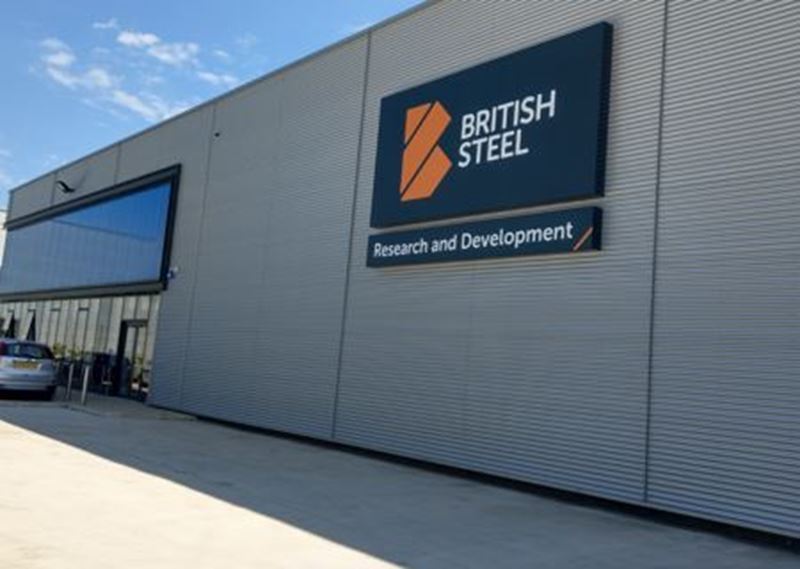
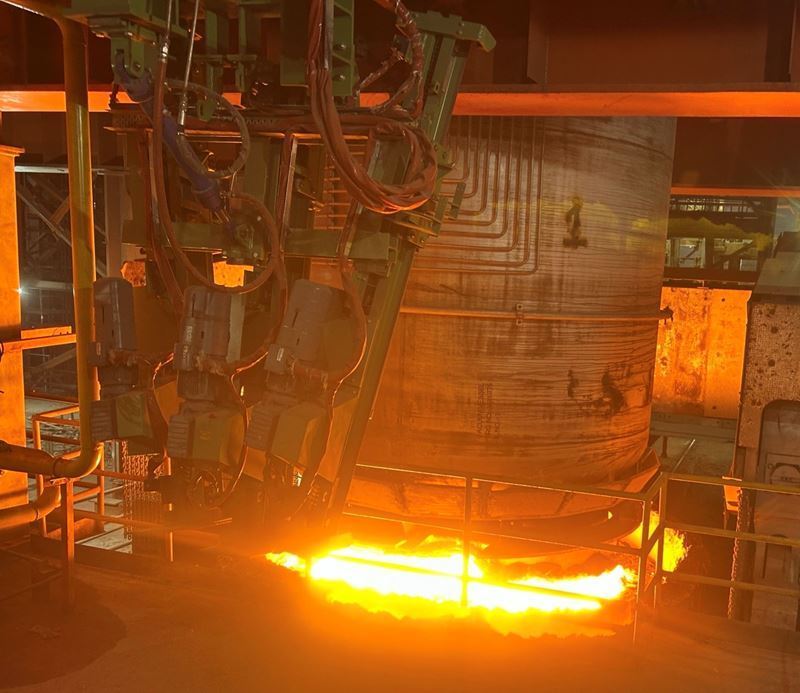
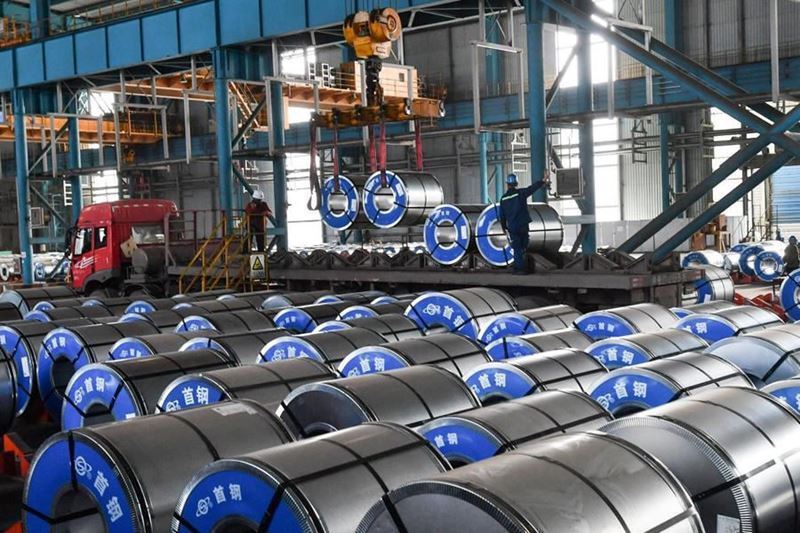
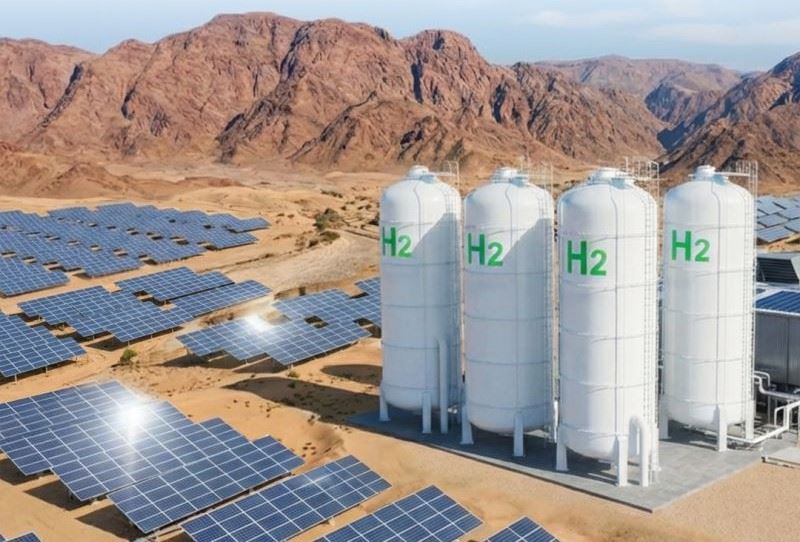
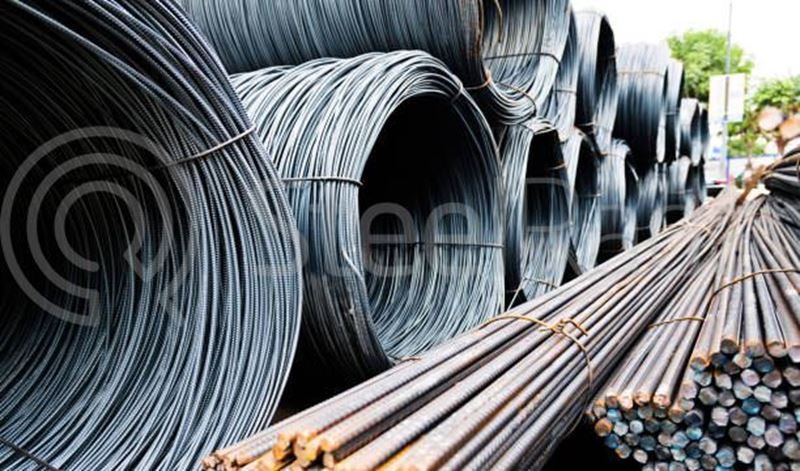
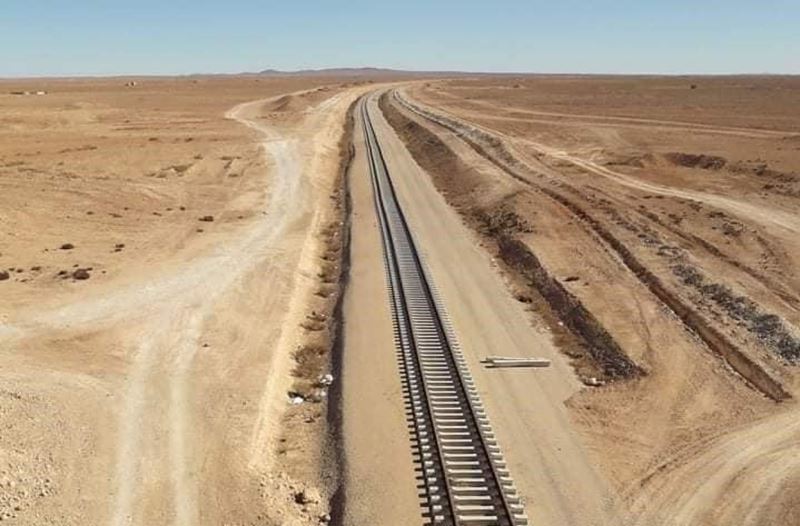

Comments
No comment yet.